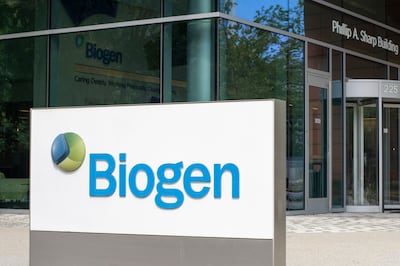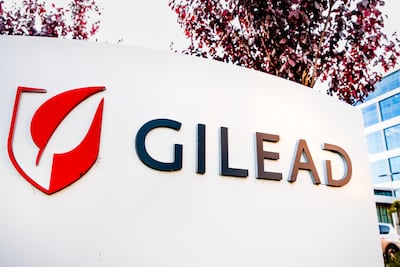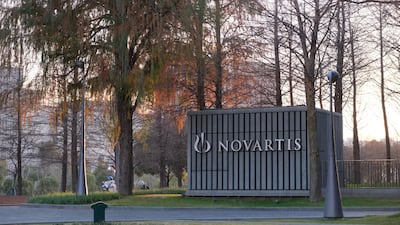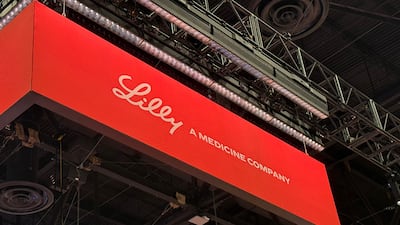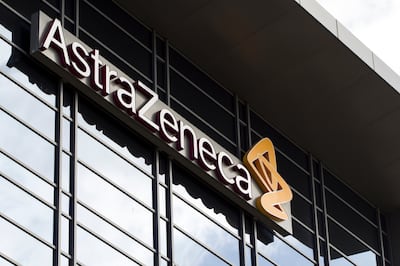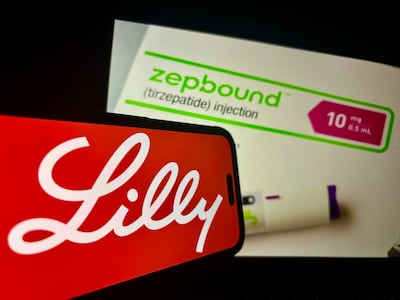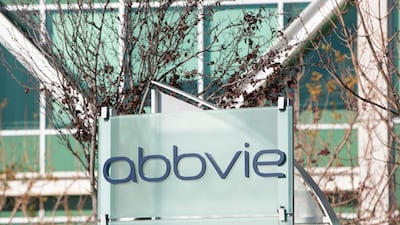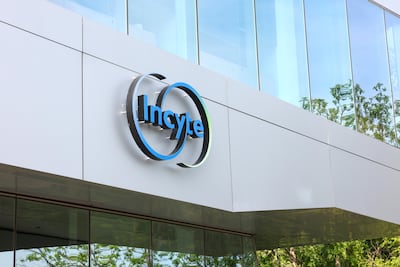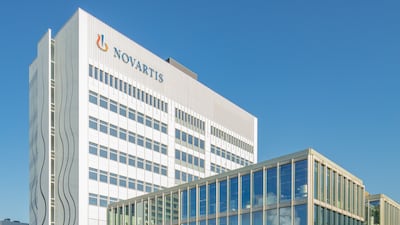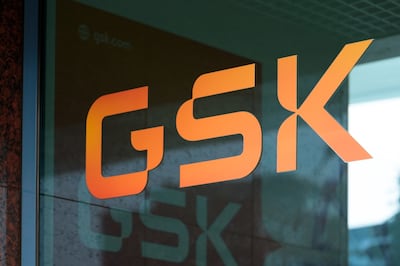Business
The US-India dance around pharma goes on as they announce a trade deal framework that continues to exempt generics from the reduced 18% tariffs till a “negotiated outcome” is reached post a Sec. 232 investigation. However, oil imports from US could increase costs for Indian pharma firms
The multiple sclerosis portfolio will drag revenue down more than Biogen’s growth products will boost 2026 sales, but Phase III results in lupus and kidney disease could bring two new launches.
The company announced positive Phase II results for the JAK1/TYK2 inhibitor in cutaneous sarcoidosis, which has no approved treatments.
Scrip spoke with CMO Dietmar Berger about his views on diversifying Gilead’s virology, oncology and immunology R&D efforts through both in-house research and external innovation.
Public Company Edition: Veradermics grossed $294.8m, while Eikon brought in $381m, AgomAb grossed $200m and SpyGlass raised $150m, bringing this year’s US IPO count to five. Also, Adlai Nortye grossed $140m in a PIPE, while other companies cut jobs and programs.
The Novartis CEO believes the west has much to learn, especially in terms of clinical trial regulations and enrolment.
Enthusiastic predictions from industry leaders for ongoing progress in obesity, oncology, immunology, neuroscience and more were supported by optimism for the potential of AI and other technological advances to enable breakthroughs in processes as well as pipelines.
Henlius planning Japanese NDA by end of March 2027 for ES-SCLC and development in several other indications.
The impact of rising demand, Medicare price negotiations under the IRA, Medicaid concessions under its Trump administration drug pricing deal and direct-to-patient sales will combine to boost Eliquis sales this year.
The drugmaker highlighted a wide array of development programs in its fourth quarter earnings, including moving tirzepatide into multiple inflammatory conditions.
Novo Nordisk said it will take legal action against mass compounding of the new oral semaglutide formulation by Hims & Hers.
Given its already large cancer drug pipeline, EVP of oncology R&D Susan Galbraith spoke with Scrip about how AstraZeneca is making precise choices about deals and development programs.
Everest Medicine obtains selected commercialization rights to first-in-class, Phase III stage bispecific peptide MT1013 from Shanxi Micot Technology at home. A trial for secondary hyperparathyroidism is due to be completed by year-end in China.
Among the Chinese AI firms raising new funding, Deep Intelligent Pharma has bagged a total of $110m in two rounds of funding since last December, while Levinthal, OxTium and Aureka have also closed new investment rounds.
The drugmaker’s sales grew by more than 40% for the fourth quarter and fiscal year 2025, with tirzepatide accounting for more than half of annual sales.
With Skyrizi and Rinvoq expected to anchor growth this decade, AbbVie said it will look at big and small assets to help it deliver revenue growth during the 2030s.
CEO Bill Meury and president-R&D Pablo Cagnoni outlined the path to reduce Incyte’s reliance on the blockbuster Jakafi as it heads towards loss of exclusivity in 2028/2029.
New CEO Mike Doustdar believes Novo Nordisk can win in the lower-price, higher-volume consumer market for obesity drugs – but is nonetheless preparing investors for a hit to sales and profits in 2026.
The blood cancer drug and the cholesterol lowerer will be major growth drivers through to 2020 and beyond.
CEO Luke Miels backs GSK’s 2031 sales target of £40bn despite incoming headwinds in vaccines and HIV.


